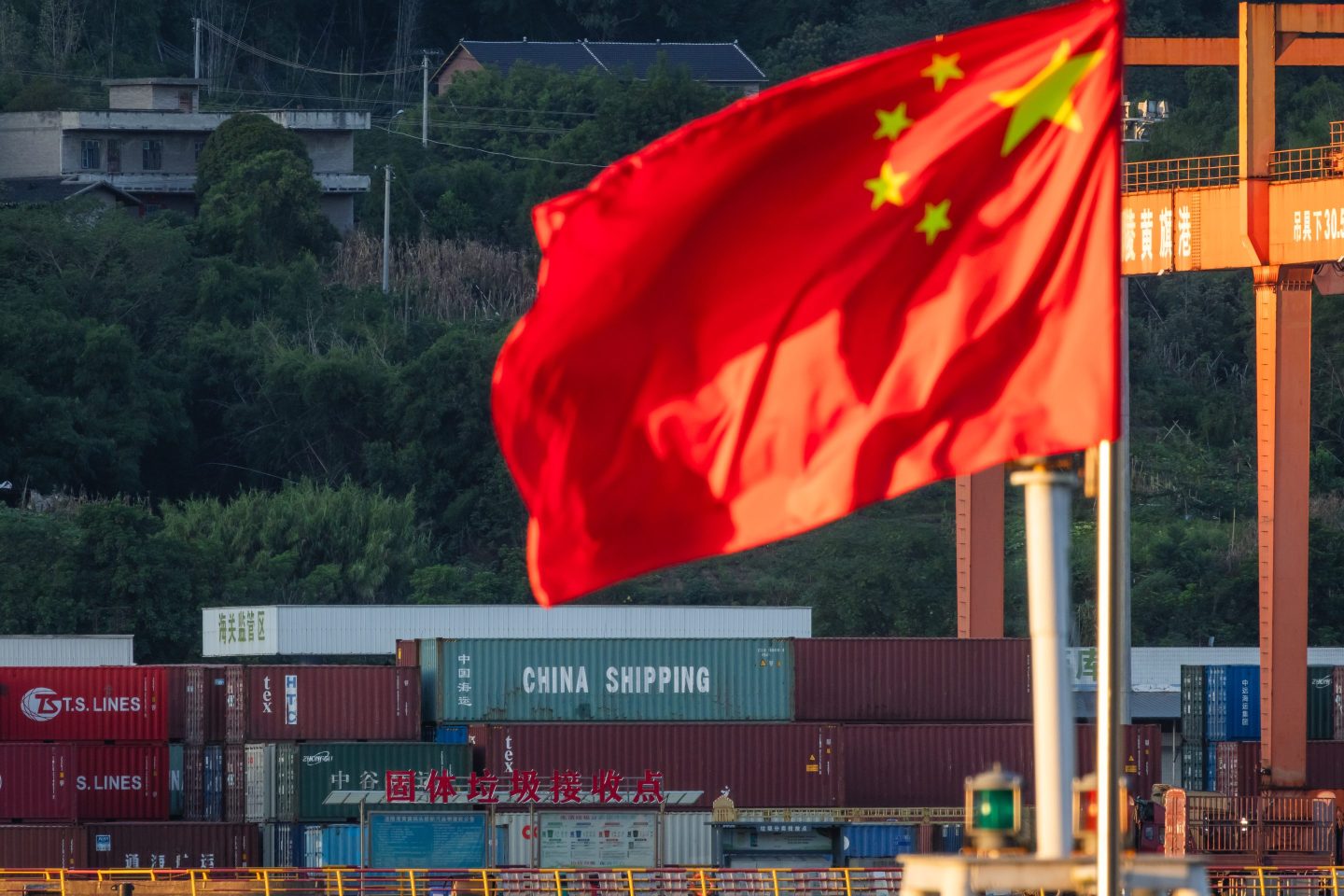- After Israel decimated Iran’s military in its initial wave of air strikes, reports on Saturday indicated Iranian energy infrastructure was under attack. Meanwhile, Tehran warned that closing the Strait of Hormuz, a critical choke point in the global energy trade, was under consideration. Oil prices spiked on Friday, and escalation of the Israel-Iran conflict could send them higher.
The Israel-Iran conflict is poised to include economic targets as both sides seek leverage in the rapidly escalating series of attacks.
After Israel decimated Iran’s military in its initial wave of air strikes, reports on Saturday indicated Iranian energy infrastructure was under attack. That includes the South Pars gas field, considered the world’s largest reservoir of natural gas, as well as oil refineries.
That comes as Israeli Prime Minister Benjamin Netanyahu warned on Saturday, “We will strike every site and every target of the ayatollahs’ regime,” after he earlier urged the Iranian people to overthrow their government.
On Friday, Israel’s defense minister said Iran crossed “red lines” by launching its missiles at civilian areas as part of its retaliatory attacks.
Former Deputy Secretary of State Wendy Sherman told Bloomberg TV that she believed that’s a signal Israel will target Iran’s oil and economic infrastructure.
Meanwhile, Tehran’s retaliation could similarly extend into energy markets. Despite Iran launching hundreds of missiles and drones at Israel, analysts have noted that it has few viable military options and its overall capabilities have been severely degraded by Israel.
An Iranian lawmaker said closure of the Strait of Hormuz, a critical choke point in the global energy trade, was under serious consideration. The equivalent of 21% of global petroleum liquids consumption, or about 21 million barrels per day, flows through the strait.
That could spike oil prices even higher after they jumped 7% on Friday to more than $70 a barrel as markets reacted to the early stages of the Israel-Iran conflict.
In a note on Saturday, George Saravelos, head of FX research at Deutsche Bank, estimated that the worst-case scenario of a complete disruption to Iranian oil supplies and a closure of the Strait of Hormuz could send oil price above $120 per barrel.
Such a closure might entail use of mines, patrol boats, aircraft, cruise missiles, and diesel submarines, while clearing the strait could take weeks or months.
“Given the significant global implication of such a closure, we believe that potential closure of the strait is likely to be kept as last resort leverage and only to be considered in extremis,” Saravelos added.
In a column in Foreign Affairs magazine on Friday, Kenneth Pollack, a former CIA Persian Gulf military analyst and former director for Persian Gulf affairs at the National Security Council, said there’s a low likelihood Iran would close the strait.
That’s because Iran would quickly go from a “sympathetic victim to a dangerous nemesis in the eyes of most other countries,” while Western countries and perhaps even China would use force to reopen the strait, he predicted.
“And Tehran would have to worry that such a reckless threat to the world’s economies would convince Washington that the Iranian regime had to be removed,” Pollack added. “That fear is surely greater with U.S. President Donald Trump—who ordered the death of Iranian general Qassem Soleimani in January 2020—back in office.”












